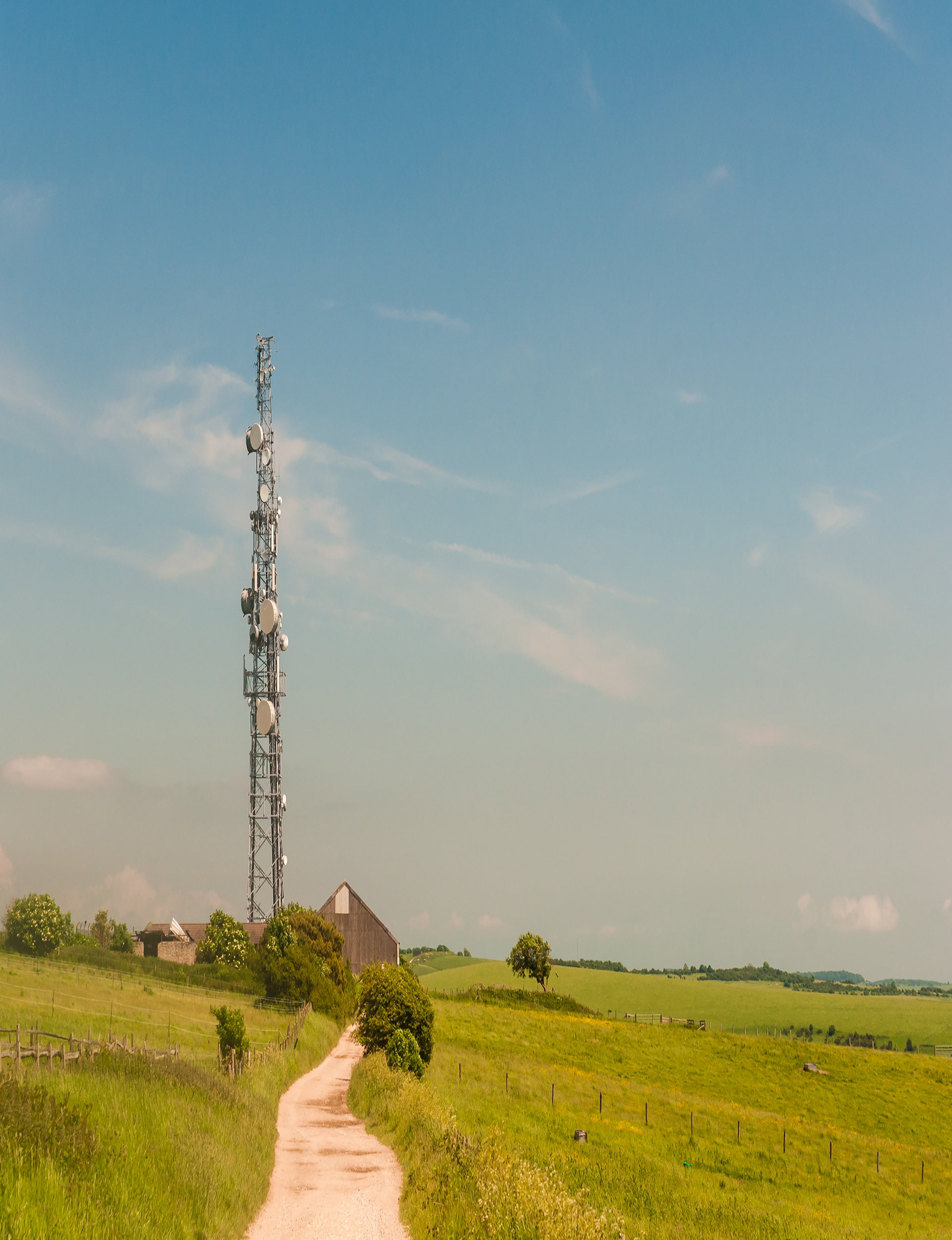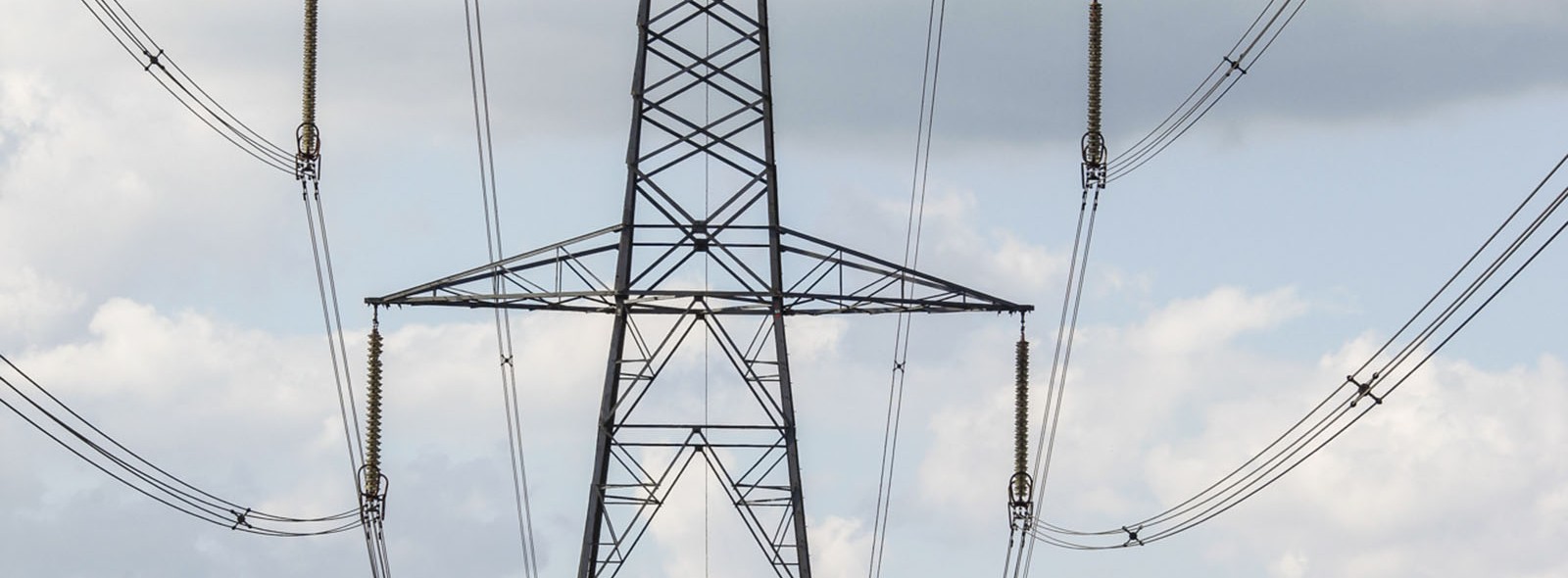
The case of Pippingford (EE Limited) v Morriss [2022] was determined in January of this year; the court awarded a rent of £3,500 for a rural mast, as part of the renewal of a Landlord and Tenant Act 1954 lease on the Pippingford Park Estate in East Sussex.
Commonly, telecommunications sites are occupied under 1954 Act tenancies (pending consideration by the Supreme Court) and so must be renewed under the 1954 Act with any new tenancies granted on renewal being subject to the Code. Claimants can therefore transition to a Code agreement, but only after exercising their rights under the 1954 Act. The rent following the grant of a new tenancy under these circumstances (and the considerations made to reach this rent) are a matter of importance to telecommunications operators and site providers.
In the Pippingford case, whilst the rent was to be set under s.34 of the 1954 Act rather than directly under the Code, it was deemed to be “in the shadow of the Code”, and there was sufficient evidence of comparable market transactions to determine the appropriate rent. This case also recognised operator’s widespread use of “Early Completion Incentive Payments” (ECIPs); capital payments which are now a key part of the financial package paid to site providers. The court found that the rent that would be agreed for this site would be £1,200. It then found that turning a typical premium into a rent paid over time brought this to around £3,000 which, with a contribution for professional fees, gave a rent of £3,500.
This case makes clear that ECIPs are part of the ‘real world’ for mast site agreements, and that they are to be disclosed and taken into account when looking at renewals.
Grace Lindsay-Smith












